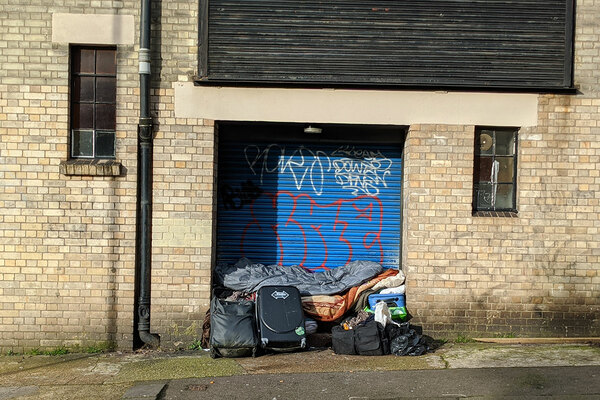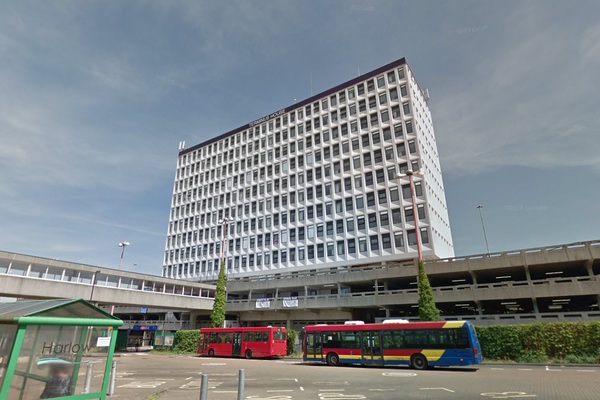You are viewing 1 of your 1 free articles
Home Office criticised for ‘unacceptable and cruel’ plan to deport rough sleepers post-Brexit
Leading homelessness charities have branded as “cruel” and “dehumanising” new post-Brexit immigration rules that put foreign rough sleepers at risk of deportation.

The rules, published by the Home Office earlier this week and set to come into force on 1 January, mean people with a history of rough sleeping in the UK may have their leave to remain cancelled or refused.
Jon Sparkes, chief executive of Crisis, said the policy is “unacceptable and cruel” and “will push people who are in the UK legally and facing homelessness further into the fringes of society, rather than encouraging them to seek support”.
He added: “We know through our services that people who have no recourse to public funds because of their immigration status have little or no access to support in the first place, and are forced into rough sleeping if they are unable to work.”
Some migrants’ leave to remain in the UK does not permit them recourse to public funds. This prevents them from accessing support such as housing benefit.
Many homelessness charities and housing organisations have called for the rules to be repealed, arguing they prevent migrant rough sleepers from being able to find homes.
The Home Office said its new immigration rules will be used “sparingly and only where individuals refuse to engage with the range of support available”.
However, Rick Henderson, chief executive of Homeless Link, said the policy will “only serve to dehumanise and criminalise people for not having a place to call home”.
He added: “The rules will also undermine trust in homeless charities providing vital support, as has happened with similar policies in the past, causing people to avoid seeking help in the first place.”
In 2019, the Home Office was widely criticised after The Observer revealed it was working with charities, including St Mungo’s, to acquire data about rough sleepers that could lead to their deportation.
Former St Mungo’s chief executive Howard Sinclair later apologised on behalf of the charity and vowed to overhaul the organisation’s processes.
Current St Mungo’s chief executive Steve Douglas said the government’s new immigration rules are “concerning” and said the charity was “seeking further detail of how it is proposed it will be implemented”.
He added: “It is disappointing that this proposed change in approach has not been discussed with the homelessness sector, where there is real concern that it will increase distrust of the Home Office’s intentions and could drive people with a legitimate right to remain away from essential services.
“We will be raising this with the Home Office, the Ministry of Housing, Communities and Local Government, as well as local authorities to clarify the detail of this proposed policy and will continue to work to find solutions which are best for our clients to support their long-term recovery.”
Sign up for our daily newsletter
Already have an account? Click here to manage your newsletters












